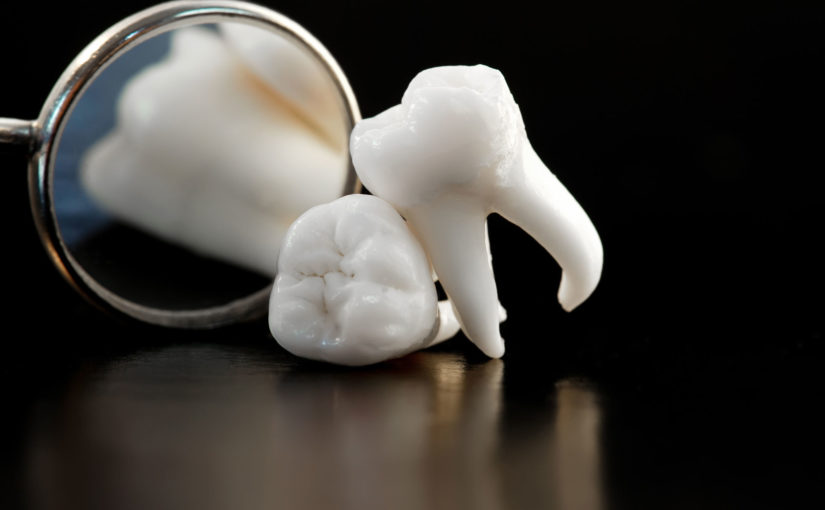Wisdom tooth extraction is generally a surgical procedure to remove one or more wisdom teeth — the four permanent adult teeth located at the back corners of your mouth on the top and bottom.
If a wisdom tooth doesn’t have room to grow (impacted wisdom tooth), resulting in pain, infection or other dental problems, you’ll likely need to have it removed. Some dentists recommend the extraction of wisdom teeth even if the impacted teeth aren’t causing problems, as a preventive measure against potential future problems.
Some Reasons for Surgery
- Insufficient space for wisdom teeth (impacted wisdom teeth).
- As part of orthodontic management (such as braces), .
- Severe gum disease which may affect the supporting tissues and bone structures of teeth.
- Severe tooth decay or infection.
Complications
Although every patient is treated with great care to prevent discomfort, complications do sometimes occur. A few complications that can occur after wisdom teeth surgery include:
- Infection: although rare, it does occur on occasion. The dentist may opt to prescribe antibiotics pre- and/or post-operatively if he/she determines the patient to be at risk because of wisdom teeth surgery.
- Bleeding: The dentist has a variety of means at his/her disposal to address bleeding, however, it is important to note that small amounts of blood mixed in the saliva after extractions are normal.
- Swelling: Often dictated by the amount of surgery performed to extract a tooth (e.g. surgical irritation to the tissues surrounding a tooth).



